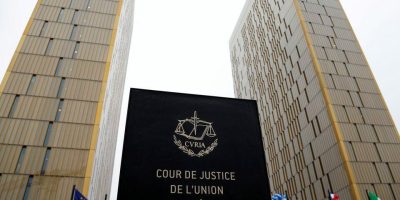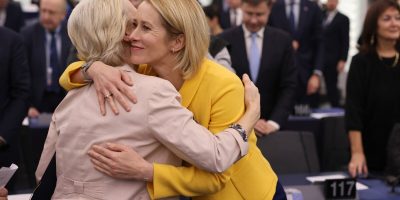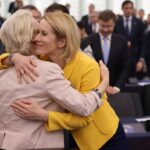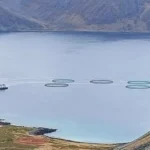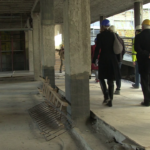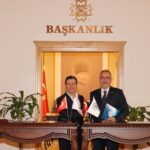In a deeply personal and moving address, President Dr. Lazarus McCarthy Chakwera openly acknowledged a flaw in the design of Malawi’s Presidential Palace—a flaw that reflects a much broader challenge facing the country. Standing before the nation on November 27, 2024, during the launch of the 2024 MACODA Flag Week, Chakwera shared an experience that would forever change the way he viewed public spaces and their accessibility for people with disabilities.


“Last year, during a State Banquet at Kamuzu Palace, I had the honour of hosting the President of Zimbabwe. Among the distinguished guests, there was a foreign delegate who required the use of a wheelchair. But as this guest arrived, we quickly realized that the Banquet Hall, the very symbol of our nation’s leadership, was completely inaccessible to someone in a wheelchair,” Chakwera began, his voice filled with sincerity and concern.
In that moment, he saw the deep shortcomings in the country’s commitment to disability inclusivity. The Palace, a place meant to represent the heart of Malawi’s leadership, had not taken into account the needs of people living with disabilities. The venue, with its stairs and barriers, was a silent testament to a reality too many Malawians face daily: public spaces that were simply not designed with accessibility in mind.
President Chakwera spoke of the painful realization that, in the 35 years since Kamuzu Palace was constructed, no one had ever thought to make the Banquet Hall accessible to people with disabilities. The omission was not just physical; it symbolized how deep the neglect of disability rights runs in the country’s infrastructure.
“I felt deeply disturbed, not just as your president but as a fellow human being,” Chakwera admitted, his words poignant and reflective. “It struck me that we had failed to build a space that could accommodate everyone, regardless of their physical abilities. It was a failure of leadership, a failure of imagination, and a failure of compassion.”
Chakwera did not shy away from the reality of the situation. He described how, despite creating a temporary solution to help the delegate, the incident made it painfully clear that many other public spaces across Malawi—schools, hospitals, government offices—also failed to consider the needs of the disabled community.
“This is not just an issue for Kamuzu Palace. It is an issue for all of us,” Chakwera said. “Our public spaces, and even our private sector, must evolve. They must be places where every Malawian, regardless of their physical challenges, can participate, contribute, and thrive.”
In a heartfelt plea, the President called on all public and private institutions to urgently reevaluate their facilities and services. “I have made it my mission to ensure that all public buildings in Malawi are fully accessible to people with disabilities by 2030. But this is not just about government buildings; it’s about our schools, hospitals, businesses, and homes. If we want to truly empower our nation and create a truly inclusive society, we must act now.”
Chakwera emphasized that the journey toward disability inclusivity was not about a set of rules or regulations—it was about ensuring that the very fabric of Malawian society was designed with compassion and understanding for those who often feel forgotten.
“We cannot build a Malawi of equal opportunities if we continue to exclude a portion of our population,” he said, his voice rising with conviction. “If we are to embrace a truly inclusive nation, we must start by changing the way we think and the way we build. We must put the needs of the most vulnerable at the forefront, and together, we will create a Malawi where everyone can dream, achieve, and contribute—no matter their physical ability.”
In a powerful gesture of commitment, President Chakwera purchased the first MACODA flag, signaling his unwavering support for the rights of people with disabilities. He urged the entire nation to follow his lead and make the Flag Week a national cause, not just to raise funds, but to raise awareness and inspire action.
“My fellow Malawians, I stand before you today, not as a perfect leader, but as someone who recognizes our collective responsibility,” Chakwera said, his voice softened with a sense of resolve. “Together, we can build a Malawi that is truly inclusive—a place where every person, regardless of their ability, can feel seen, heard, and valued. Let this be our legacy.”
With this heartfelt call to action, President Chakwera set the tone for a new chapter in Malawi’s development—a chapter where disability inclusivity is no longer an afterthought but a fundamental principle guiding the country’s future. As he closed his remarks, it was clear that this issue was no longer just a political one for Chakwera; it was a moral one—a call to the heart of the nation to rise and create a future where all can walk, run, and dream without barriers.
Follow and Subscribe Nyasa TV :
Sharing is caring!


